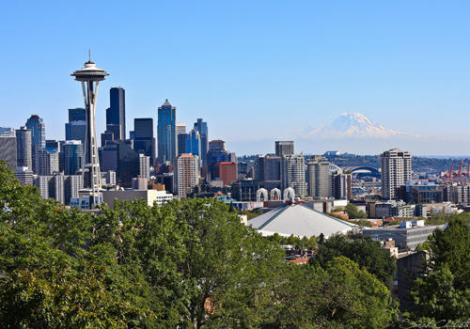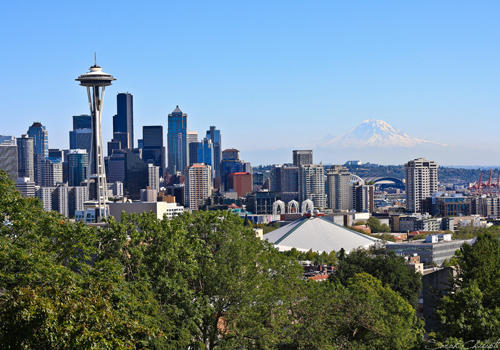As cities become more attractive places for middle- and upper-class Americans to move and housing prices continue to climb, the poorer among us are forced into the suburbs — away from public transportation and toward car-dependence. Cities are growing in every way, except in terms of their social good and attainability.

Alex Steffen, responding to a quote in a piece by Grist’s Claire Thompson, slaps down the anti-urbanist myth that density makes this problem worse.
[W]e have to go back to supply and demand. As long as there is more demand than supply, prices rise. There is no way around that fundamental fact of capitalism. That means, if we wish to moderate housing prices to limit displacement of lower-income citizens, we have two options: reduce demand, or increase supply …
This drives NIMBYs up the wall, because the simple truth is that if you want home prices to drop, or even just level off, the only way to do this is to build more housing. Every known policy aimed at limiting housing costs — from rent control to tenants’ rights to development moratoria — has failed to stop the rise in housing costs … Desirable cities in growing regions either add housing rapidly or become unaffordable to most and social[ly] inequitable. It’s that simple. Limiting housing supply is what drives out the poor.
Steffen then launches into a critique on San Francisco, a city I might venture to say contains the most NIMBYs per capita (even though there aren’t that many backyards!), and where rents are rising faster than anywhere else in the country.
Their latest affordability survey found that for 25% of San Francisco homes to be affordable to those making 80% median (about $60K), the city must build 100,000 new homes. Last year? The whole city built roughly 200.
Steffen doesn’t even get into all the eco-advantages of urban density in terms of sustainable energy and resources. The answer may not be heaps of gleaming condo towers, but neither is it promoting more sprawl.




